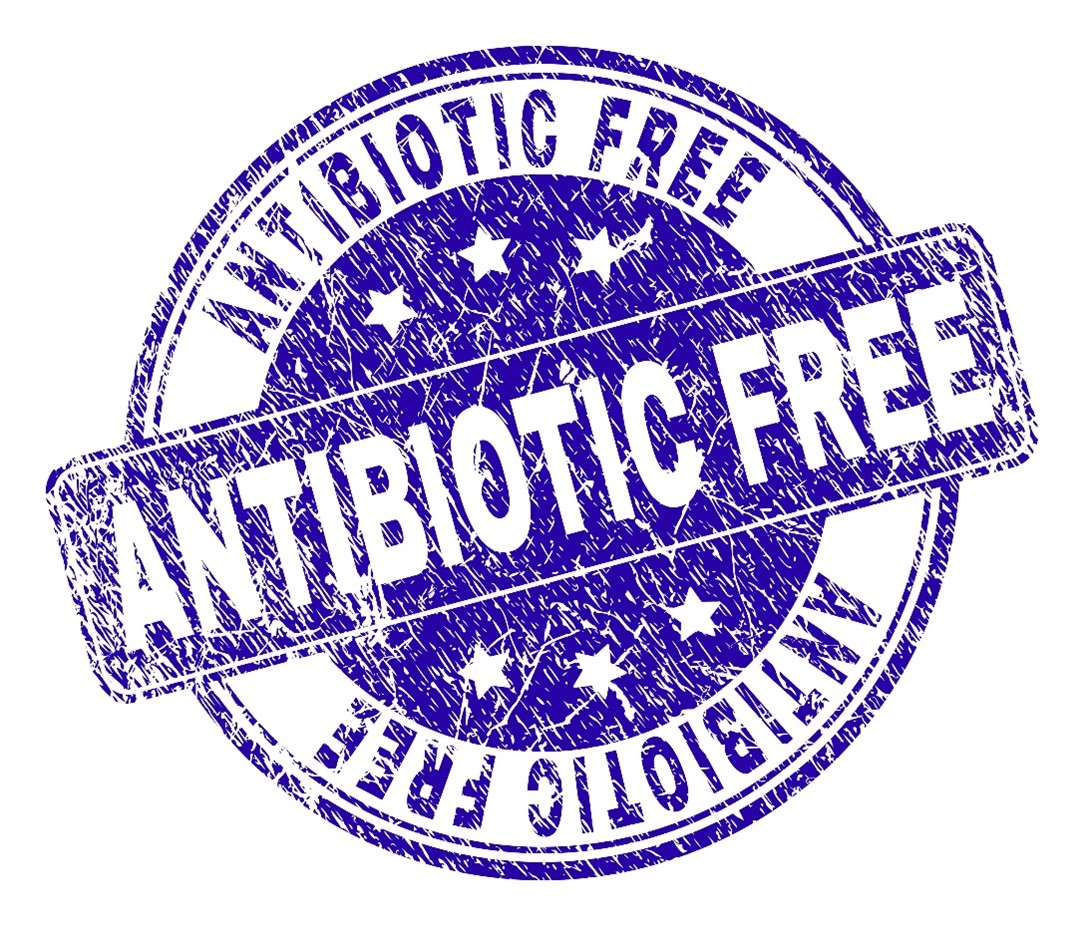Is Antibiotic-Free Meat Better for Immune Health? Exploring the Benefits
In recent years, the growing demand for antibiotic-free meat has been fueled by an increasing awareness of the connection between food, health, and sustainable farming practices. Antibiotics have been widely used in livestock production to promote growth and prevent disease, but this practice has raised questions about its impact on human health, particularly immune health. But what exactly is antibiotic-free meat, and is it genuinely better for our immune system? Superior Farms in Denver will explore the benefits of antibiotic-free meat and the reasons why it’s gaining traction among health-conscious consumers.
What Is Antibiotic-Free Meat?
Antibiotic-free meat comes from animals that have not been treated with antibiotics throughout their life cycle. The term “antibiotic-free” implies that the animals were raised without the preventive or growth-promoting antibiotics commonly used in conventional meat production. While antibiotics may be administered to treat specific infections in conventional farming, antibiotic-free practices require farmers to use alternative methods, such as better sanitation, nutrition, and environmental management, to ensure the animals remain healthy without medication.
The USDA has set regulations and labeling standards, so meat labeled as “antibiotic-free” must be verified by third-party certification programs or raised on farms that follow rigorous standards. Labels like “No Antibiotics Ever,” “Raised Without Antibiotics,” or “USDA Organic” often indicate adherence to antibiotic-free practices. This transparency allows consumers to make informed choices based on their health, ethical, or environmental preferences.
How Antibiotics in Meat Affect Human Health
The primary reason many people are turning to antibiotic-free meat is the concern over antibiotic resistance—a pressing public health issue. When antibiotics are used repeatedly in livestock, bacteria can develop resistance to these drugs, resulting in “superbugs” that are more difficult to treat with standard antibiotics. When humans consume meat from animals treated with antibiotics, there is a chance they might ingest trace amounts of antibiotic-resistant bacteria. This can compromise the effectiveness of antibiotics in treating infections in humans.
By consuming antibiotic-free meat, consumers contribute to a broader effort to curb antibiotic resistance, which ultimately benefits the overall health of our society.
Potential Immune Health Benefits of Antibiotic-Free Meat
Antibiotic-free meat may support a stronger immune system in various ways, both directly and indirectly. Here are some key factors:
- Reduced Exposure to Resistant Bacteria
One of the most significant immune health benefits of antibiotic-free meat is reduced exposure to antibiotic-resistant bacteria. These bacteria can evade the immune system’s defenses, leading to infections that are harder to treat. By avoiding meat that has been treated with antibiotics, consumers can directly reduce their risk of encountering antibiotic-resistant bacteria. - Preserving Gut Microbiome Balance
Antibiotics in meat can impact the human gut microbiome, which plays a crucial role in immune function. The gut microbiome is made up of trillions of bacteria that assist in digesting food, producing vitamins, and regulating the immune response. Overuse of antibiotics, whether directly through medication or indirectly through consumption of treated meat, can disrupt this balance by killing beneficial bacteria, weakening the gut’s immune defenses. Antibiotic-free meat offers a cleaner, more natural option that supports gut health, which is essential for maintaining a healthy immune system. - Higher Nutritional Quality
Studies have suggested that antibiotic-free and organic meats often contain higher levels of beneficial nutrients like omega-3 fatty acids and antioxidants compared to conventionally raised meat. These nutrients play an essential role in supporting immune health, reducing inflammation, and improving the body’s ability to combat infection. While nutrition levels can vary based on animal diet and farming practices, antibiotic-free meat tends to come from animals raised on more natural, nutrient-rich diets, thus potentially offering added immune-supporting benefits. - Lower Toxin Exposure
In addition to antibiotics, conventionally raised animals may be exposed to various chemicals and hormones aimed at promoting faster growth. Although the levels of these substances in meat are regulated, there is still ongoing debate regarding their long-term effects on human health, especially in relation to immunity. Choosing antibiotic-free meat minimizes exposure to these added chemicals, allowing consumers to enjoy a more natural product with fewer risks to their immune function. - Promoting Ethical and Sustainable Farming
Antibiotic-free meat production often goes hand-in-hand with ethical farming practices that prioritize animal welfare, environmental sustainability, and transparent food supply chains. These farms typically raise animals in less crowded, cleaner environments that promote natural behavior and minimize disease. Healthier animals mean healthier food sources, and when people consume healthier, more humanely raised meat, they contribute to a sustainable food system that fosters overall well-being.
Challenges in Antibiotic-Free Meat Production
While the benefits of antibiotic-free meat are promising, it is essential to recognize the challenges farmers face in producing it. Raising animals without antibiotics requires a high standard of animal care, which can increase production costs. Antibiotic-free meat is often more expensive than conventionally raised meat, which can make it less accessible to certain consumers.
Moreover, antibiotic-free practices do not completely eliminate the risk of contamination or disease in animals. To overcome this, farmers need to employ better sanitation, nutrition, and regular veterinary care. These measures contribute to the higher cost but also add to the quality and sustainability of the meat.
Practical Tips for Choosing Antibiotic-Free Meat
- Look for Reliable Labels
Trustworthy labels to look for include “No Antibiotics Ever,” “Raised Without Antibiotics,” “USDA Organic,” and “Certified Humane.” These labels indicate that the meat has been produced according to standards that prohibit antibiotic use. - Buy from Local or Trusted Sources
Many local farms and farmers’ markets offer antibiotic-free meat, often with opportunities to learn about the farm’s practices directly from the source. Buying local can provide greater assurance of quality and transparency. - Check for Certification
Certifications from organizations like the USDA, Animal Welfare Approved, and Certified Humane help verify that meat has been raised without antibiotics and often under high animal welfare standards.
A Step Toward Healthier Immune Systems
Choosing antibiotic-free meat can benefit both personal health and public well-being. By reducing exposure to antibiotic-resistant bacteria and supporting immune health, antibiotic-free meat offers an option for consumers who prioritize health-conscious and ethical choices. Although it may come at a higher cost, the potential benefits—ranging from improved immune health to supporting sustainable farming practices—make antibiotic-free meat a valuable addition to a balanced diet.
As awareness around antibiotic resistance continues to grow, antibiotic-free meat is likely to remain a popular and essential choice for consumers who wish to make informed, health-supportive dietary decisions. Whether for immune health, ethical reasons, or environmental sustainability, antibiotic-free meat provides a clear advantage in today’s increasingly health-conscious world.


